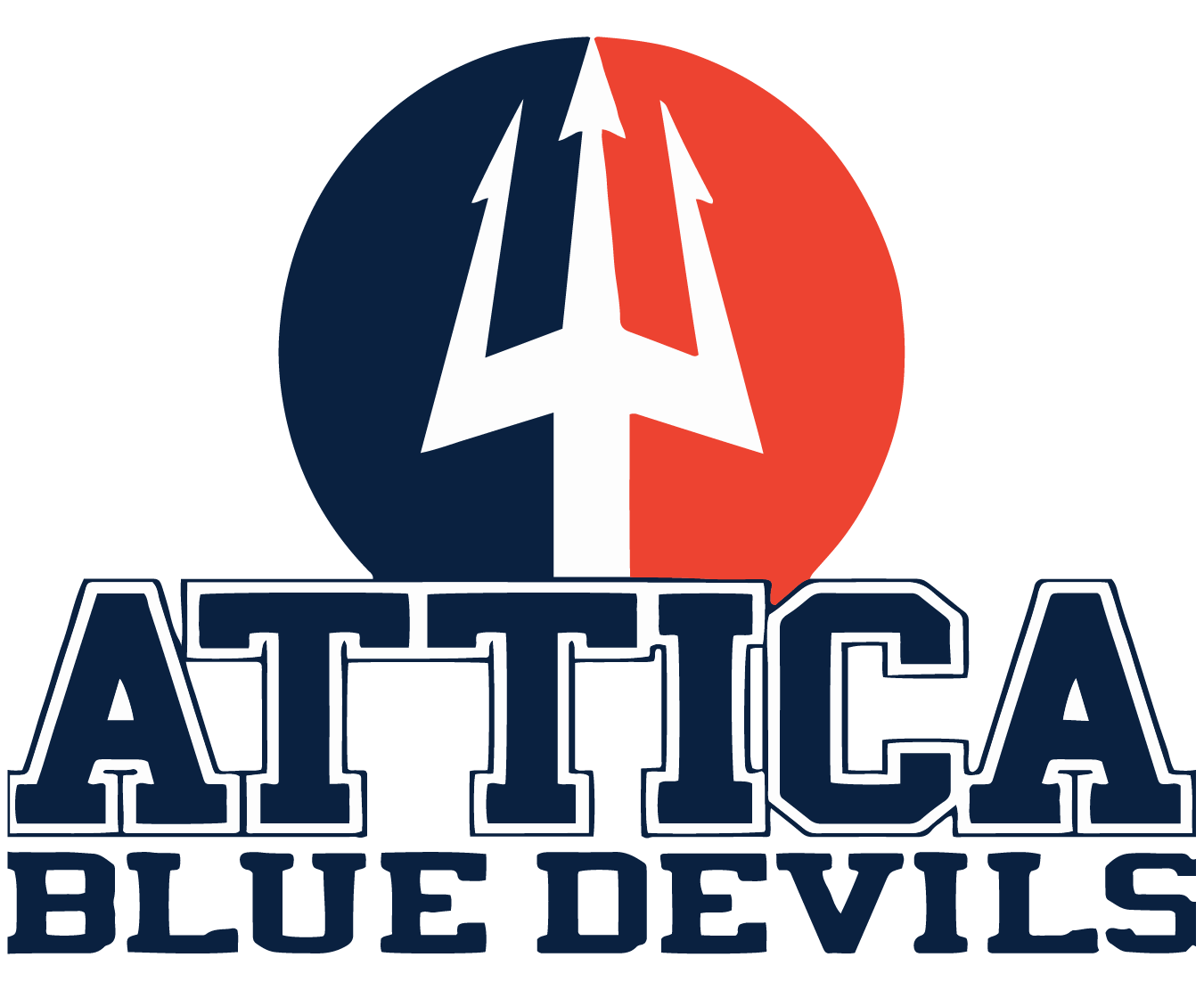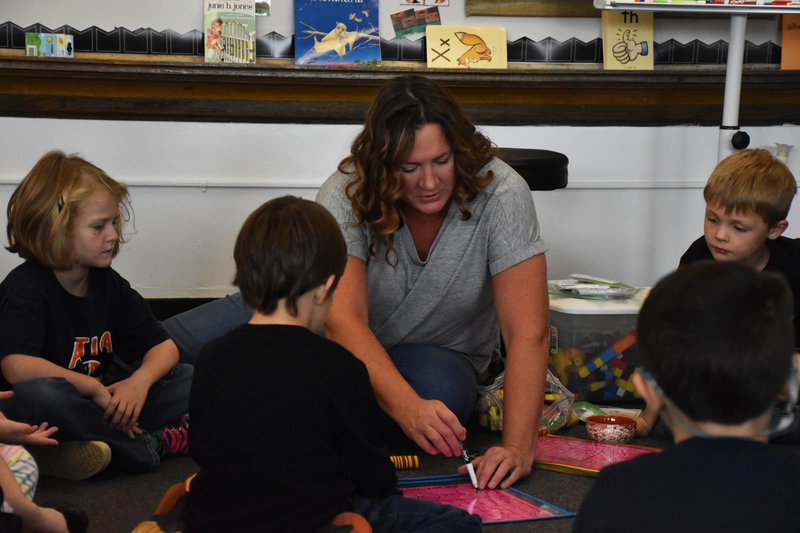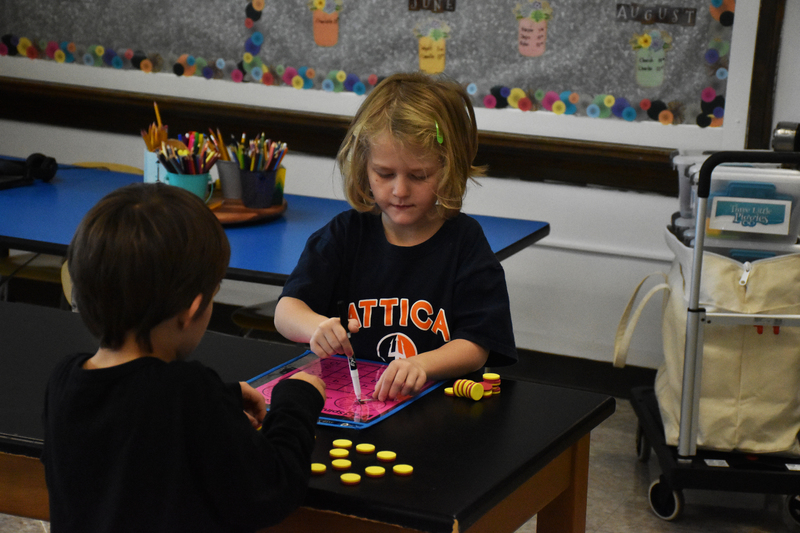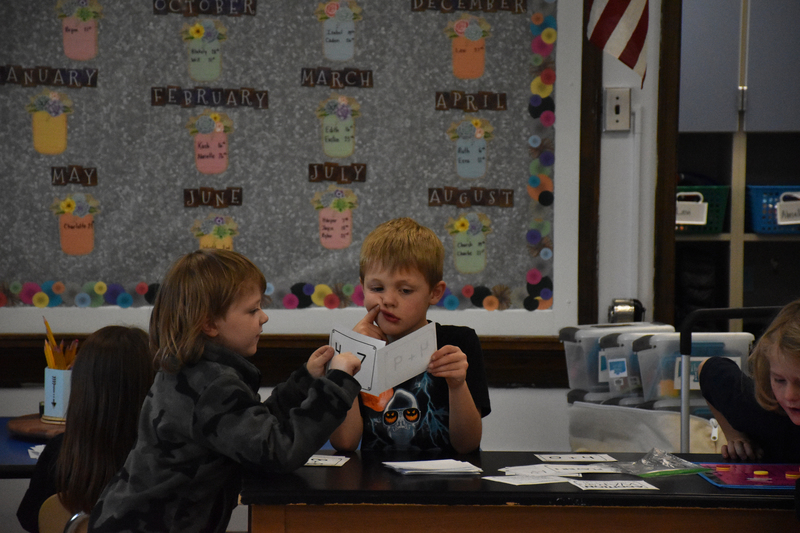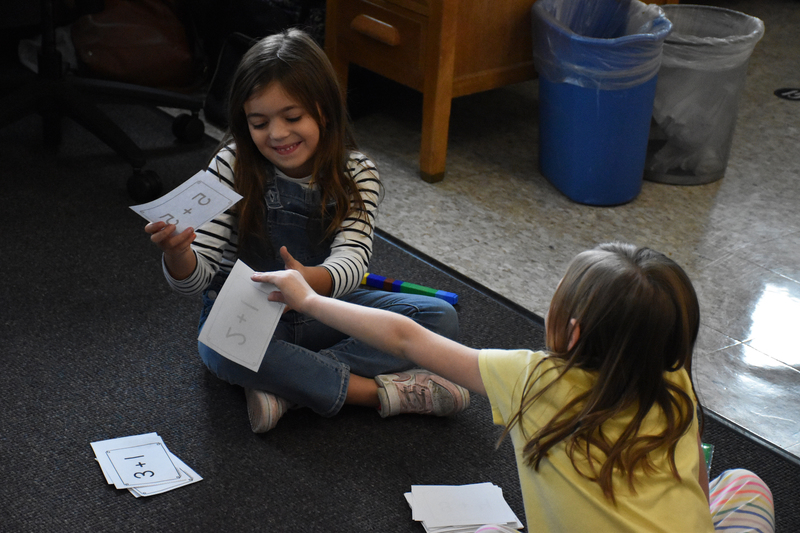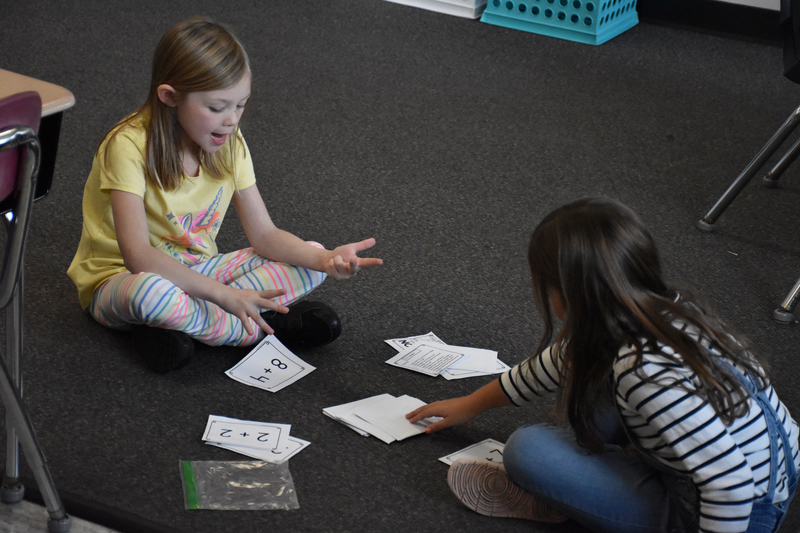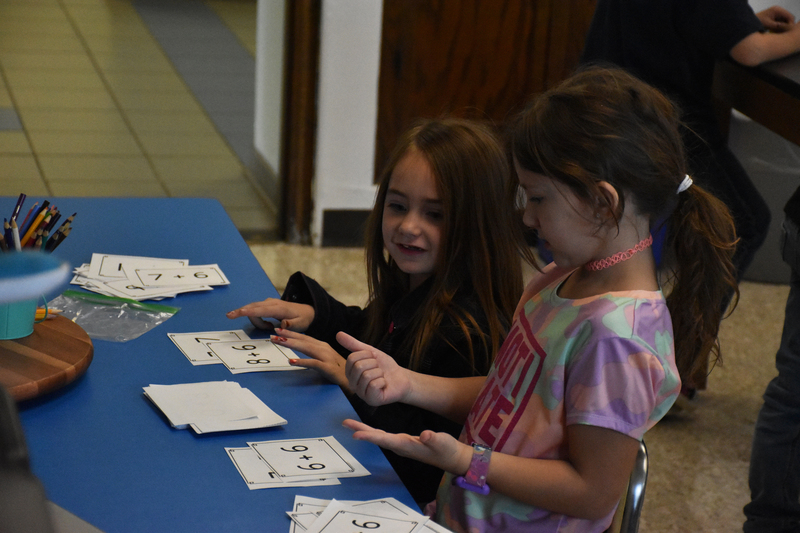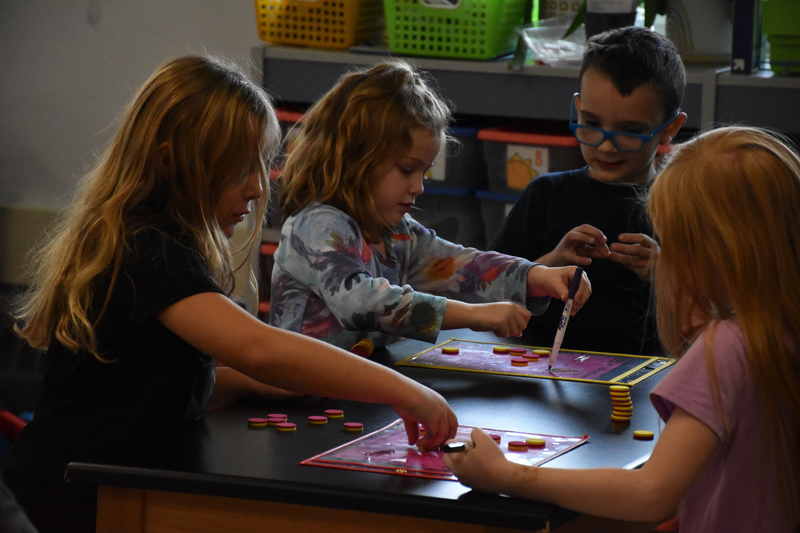Unfinished learning as a result of the coronavirus pandemic has been an unfortunate reality across all New York school districts for much of the past 2-1/2 years.
In 2019, the last non-pandemic year the state administered its grades 3 through 8 math assessments, 46.7 percent of students tested as “proficient.” In 2022, that figure had fallen to 38.6 percent, recently released data from the New York State Education Department show.
Attica hasn’t been immune to such challenges so this past summer, administrators and teachers at Attica Elementary School got together to do something about it.
“We were looking to provide a more intense intervention for all students and what we came up with is the WIN Math Program, which is short for ‘What I Need’ in math,” explained Elementary School Principal Kelly Beitz. “What it comes down to is 30 extra minutes of math instruction for every one of our students, every single day. We’re really trying to provide differentiated instruction for kids and trying to give them math instruction based on their specific needs.”
For the WIN Math Program, Beitz has scheduled the extra instructional time during the same period for every teacher within specific grade levels, allowing teachers to differentiate instruction so they’re better able to meet students where they are.
For instance, instead of a single teacher having to instruct students who have grasped a concept and are ready to move on and those who may be struggling with that same concept within a single classroom, teachers are now able to group students by competency level which, in turn, enables them to more effectively respond to students’ individual learning needs.
Every eight to 10 weeks, teachers will meet to go over students’ progress and, if needed adjust student groupings based on need.
“It’s flexible,” said first grade teacher Nicole Parkhurst of the WIN program. “For one unit, your student might be advanced and for another unit on geometry, they might need a little extra help and this makes it so we’re able to meet everybody’s needs.”
Parkhurst said so far, the new approach seems to be working.
“We just did a mid-module math assessment halfway through the first math unit and I think my kids did better than they would have done in the past,” she said. “For every four lessons, we also do a really quick five-minute assessment. That’s really telling for us. If everybody is doing better than they have in the past, obviously that will indicate this approach is working.”
Parkhurst said the goal is to get the majority of students ahead of the curve in math and to a point where they’d benefit from more challenging instruction.
“Hopefully we can get from being heavy on remediation to being heavier on enrichment,” she said. “That would be ideal.”
“That would be a long-term goal and it’s definitely attainable,” added Beitz, who’s planning to continue with the WIN program next year. “I think we’ve had a really positive response so far and it’s really what’s best for kids.”
Students in Mrs. Nicole Parkhurst’s first grade math class play a math game during a recent WIN Math lesson. The WIN Math Program centers on giving each student at Attica Elementary School 30 extra minutes of math instruction every day as a way of combating unfinished learning as a result of the coronavirus pandemic.
